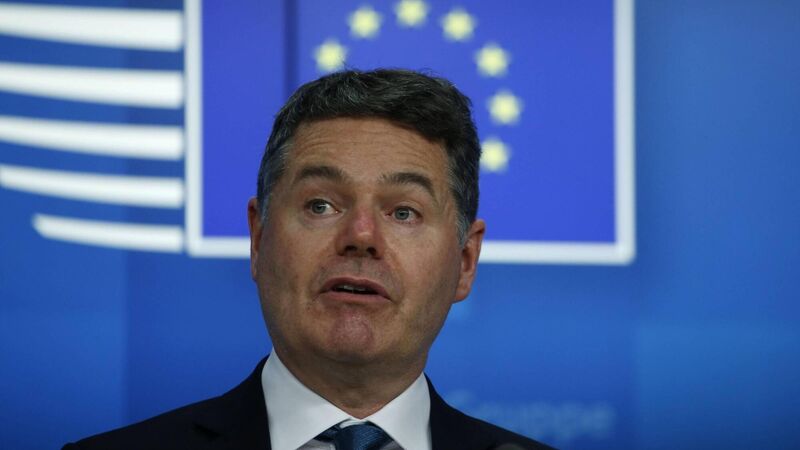Irish Examiner view: Tax deal shows we're part of the solution rather than the problem

Paschal Donohoe speaks during a news conference following a meeting of European Union finance ministers in Brussels, last July. Picture: Valeria Mongelli/Bloomberg
Ireland’s inevitable acceptance of an increase to its low corporate tax rate for very big companies may cost the exchequer in the region of €2bn in the short run.
However, if the terms are implemented after some to and fro in Washington, this can be regarded as a good result for Paschal Donohoe, the finance minister.













